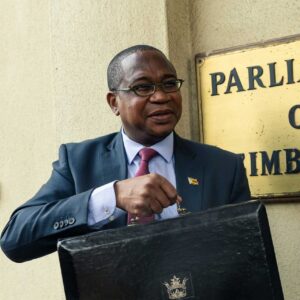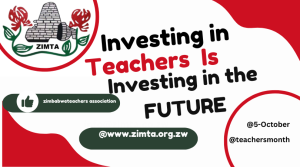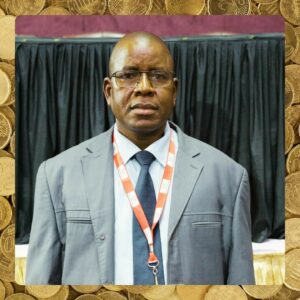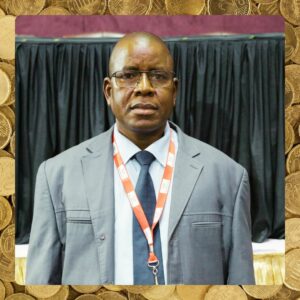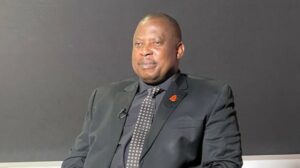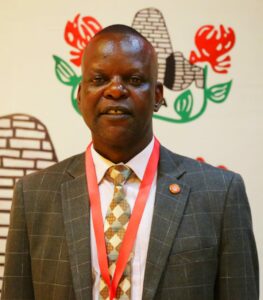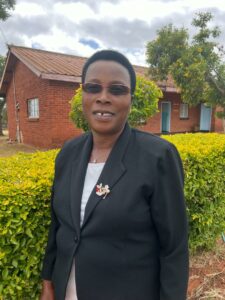The 2022 National Budget presented on 25 November 2021 by the Finance Minister Professor Mthuli Ncube which proposed a vote of ZW$124 billion dollars to go towards the primary and secondary education falls far short of the expectations of teachers and other stakeholders who had pinned their hopes on the 2022 National Budget Presentation, to allocate sufficient funds especially for the teachers’ salaries in public schools where morale is low and the restoration of hope is critically required.
In its observations made during an all stakeholders meeting held at Rainbow Towers Hotel in Harare in the month of December 2021, the ZIMTA Chief Executive Officer, Dr, Sifiso Ndlovu queried the amounts allocated to primary and secondary education whilst also observing that the amounts were not sufficient to meet the teachers’ salary increase obligations, to revive and restore quality teaching and learning tools , infrastructure and environment which has been hard hit by Covid -19 complications, mandatory reduced class sizes and ultimately the low teacher morale caused by depressing salaries.
In his National Budget Statement of 2022 Minister of Finance, Professor Mthluli Ncube indicated that the education sector had been allocated a total of RTGS 124 billion Dollars for the entire year.
The Dakar Declaration puts a country’s education vote at 20% of any country’s Annual National Budget or at least, it should be at 6% of its Gross Domestic Product (GDP). The 2022 Budget Vote contradicts the recommendations of these two recommendations.
The top three votes in the 2022 National Budget Statement were Agriculture which got ZW$ 124 billion, Primary and Secondary Education which got ZW $124 Billion and Health, which also got a vote of ZW$118 billion
In response to the Finance Minister’s 2022 National Budget Statement, Dr Sifiso Ndlovu said “as the education sector we received and observed that while the vote for education was quite high comparatively to other allocations it still had quite a number of issues to address. We talk of quality education which will see us continue with education even in the advent of calamities and to support that resilient education we are calling upon quality environment which talk about infrastructure.
I know that there are government schools, some of them were built by the Rhodes Trust far back in 1903, you can name them if you like, in Bulawayo we have Coghlan and Milton and in Harare we have Jameson and many others, but if you go back into these schools the state of disrepair is very disappointing. It does not talk to the quality and resilient education that we are looking for. We can continue to build the schools but when government schools are in a state of disrepair then we definitely have a challenge. We need to look at that and the budget has to speak to it. We also look at the architecture and the designs of the schools don’t seem to respond to the needs of the community. We have to talk about a change in the design and therefore ultimately change in the allocation of resources that will promote climate resilient structures in the schools. In some cases, there are inadequate classrooms. We are short changing communities and therefore in terms of quality environment we are lagging behind and therefore the budget set aside is inadequate.”
Dr Ndlovu said Covid-19 proved that digital learning was the only way to go as learners and teachers had to use different digital media platforms to continue with learning activities.
“When we talk of quality tools, these are the tools for teaching, these are the tools for the trade where we are talking about the digital education as support of the resilient education system we are discussing. Then we have your shocker in the budget which is going to tax cellphones and we are saying to ourselves how then do we talk about access to digital education when you are going to tax even the learners who must access the cellphones? Surely this area must be revisited!
“We want that strongly supported because we have seen that under covid-19 conditions and protocols, digital education becomes a good substitute for learners to continue to be in class while at home and away from school premises.
“Finally, the Quality Teachers that we are looking for we are needed for professionalized teaching, what we’ve seen in the teaching profession honorable minister is that we do not have supportive legislature which you should be supporting yourself in professionalizing education and setting up the standards of education so that we have education professionalism, but we’ve created a situation where government is comfortable to employ underqualified and unqualified personnel. In my view that is deplorable. We shouldn’t be going that direction, because it is affecting the quality of teachers that we have in the country.” Dr Ndlovu observed during his address to stakeholders.
During his address to the stakeholders at the post Budget Breakfast meeting, Dr. Ndlovu further implored on the finance minister, to avail resources that strongly support the examination system which is now premised on Continuous Assessment Learning Activity (CALA).
” You seem not to have supported very strongly our examination system which is now premised on CALA and that creates an assessment right from Kindergarten, and not from Grade six to seven or from three to four but right from Kindergarten, therefore we must have a continuous assessment for these learners so that we may know the kind of human resources we are developing and continue to recommend them as they go up to the levels of universities. We have local examiners, moderators and markers but we see ZIMSEC saying they have no adequate resources to meet that, this clearly indicates that the budget is not indicating or speaking to the developments of the updated curriculum which now brings in a new paradigm of assessment which requires continuous assessment,” Dr Ndlovu said.
The Budget Statement of 2022 proposed a ZW$ 927.3 billion budgets. It indicated that ZW$850.8 billion Revenue was expected and it was announced that the deficit will be funded mostly from domestic borrowings.

